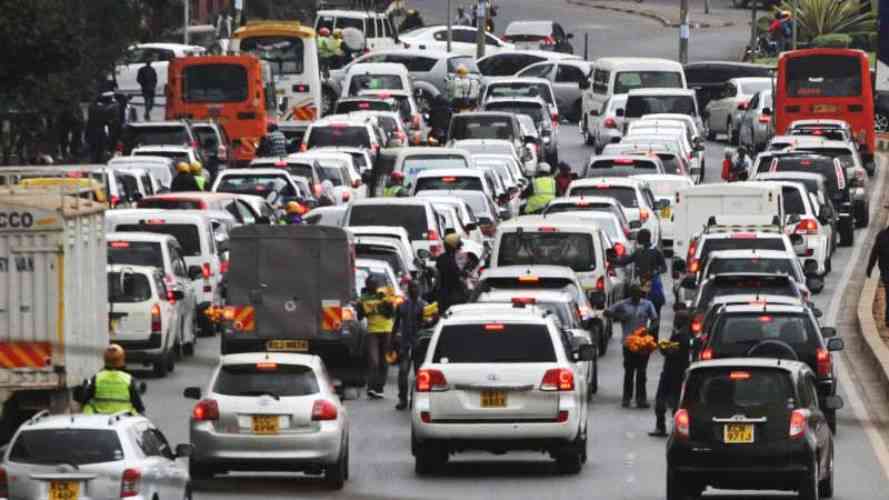×
The Standard e-Paper
Fearless, Trusted News

Fuel prices in Kenya have shot up tremendously, according to the latest pump prices review by the Energy and Petroleum Regulatory Authority (EPRA).
On Sunday, May 14, EPRA announced that the price of petrol has gone up by Sh3.40, kerosene increased by Sh15.19 and diesel up by Sh6.40.
The new prices now force motorists to find ways of saving on fuel.